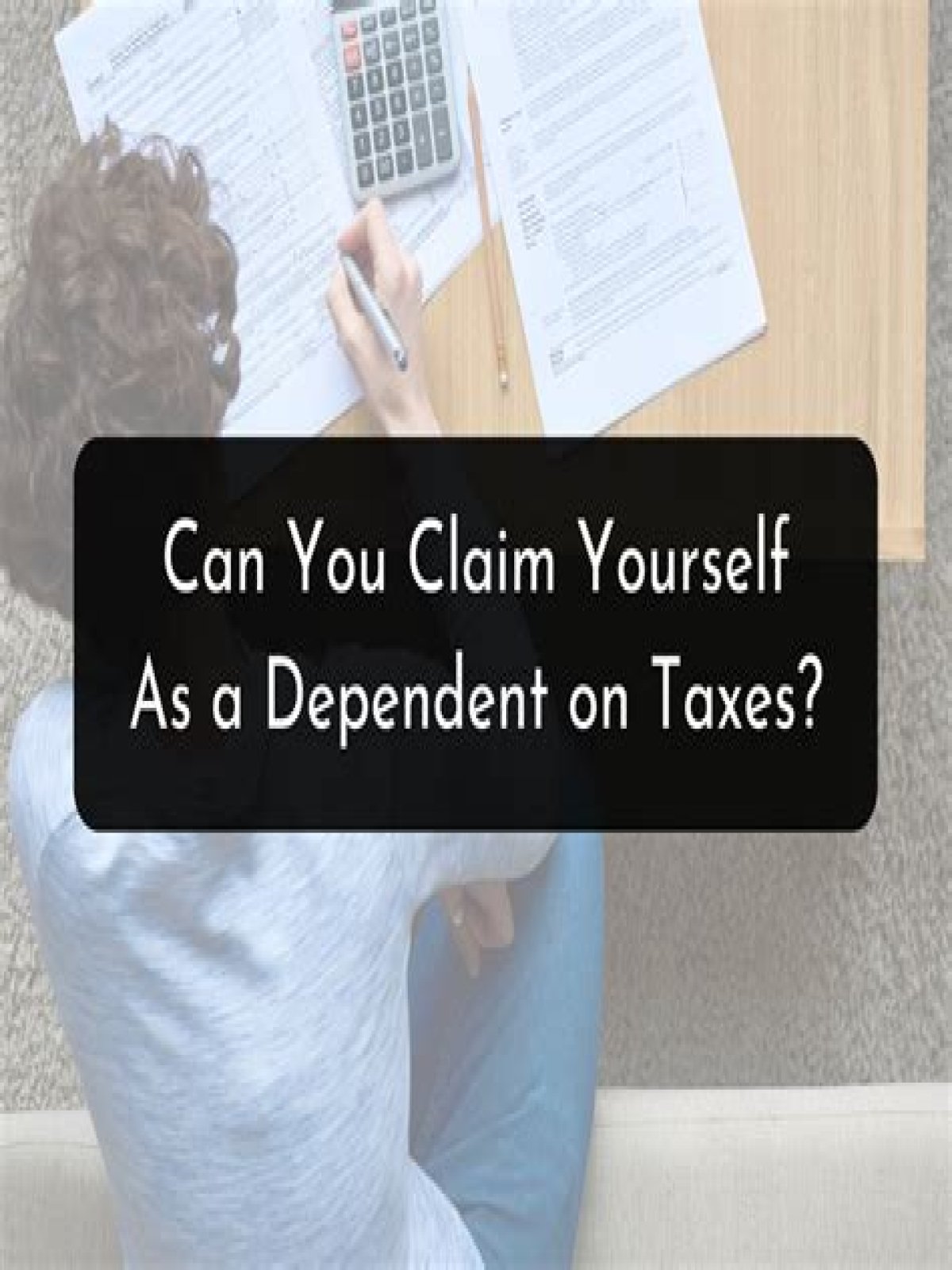What Claiming Yourself Means. When you claim yourself on a tax return, it means you’re reporting one personal exemption. An exemption is a predetermined amount that reduces your taxable income — the amount the Internal Revenue Service taxes after deductions and exemptions are subtracted from your income.
Is it better to claim yourself on taxes?
Claiming Yourself on Taxes Through 2017, probably the most common benefit to not having someone be able to claim you as a dependent is the personal exemption. This is essentially a deduction that reduces the amount of your income that is subject to federal income tax.
Do you claim Yourself on your tax return?
There are benefits to filing and claiming yourself on the return, because you can now claim benefits that your parents claimed for you. If you are a college student you will need to file that to get an Education Credit. If you need additional help once you start your return, please contact us again. Congratulations on being Independent!!
Can a student claim the self exemption on their own tax return?
To reiterate: If the student qualifies to be claimed on the parent’s tax return, then the student can not take the self-exemption on their own tax return, no …matter…what. Who reports all the education expenses and claims all the credits?
What’s the income limit for self claiming dependents?
If you’re still filing a return for the 2017 tax year, the self-claiming dependent tax return rules will still apply. You’ll get $4,050 per person, as long as your income doesn’t exceed certain limits. For 2017, those limits are $262,500 for single filers or $313,800 for married filing jointly.
Can a person claim themselves as a dependent?
That means taxpayers can no longer take a tax deduction for dependent exemptions. However, if someone does qualify to claim you as dependent, they might qualify for a different tax benefit such as a child tax credit or credit for other dependents. “Can I Claim Myself as a Dependent?”
